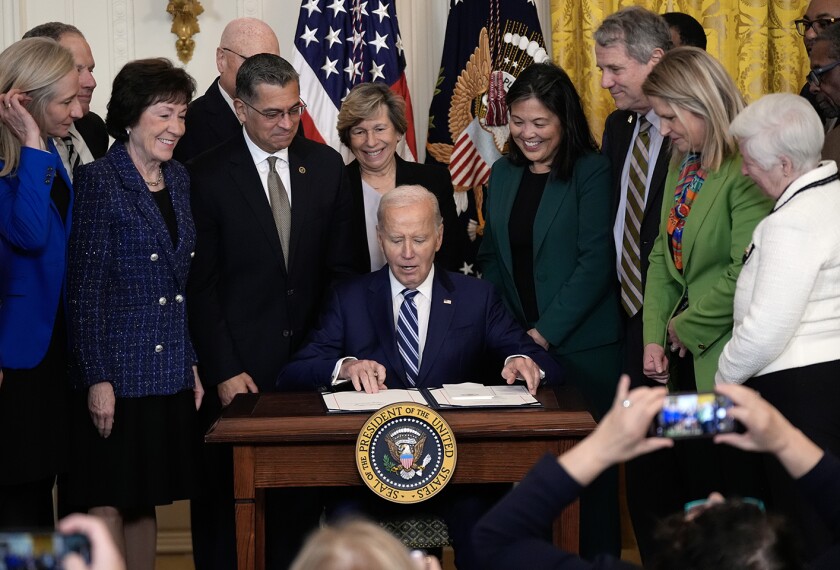What’s the easiest way to get rid of bad teachers?
Many principals would probably say that the answer is not to fire them, but to ask them to transfer voluntarily to another school in the district, a tactic sometimes referred to as “passing the trash.”
California principals, though, may have a tougher time transferring such teachers in 2007. According to a new law, which goes into effect Jan. 1, districts will no longer be able to transfer teachers into the state’s lowest-performing schools if the principals there don’t want them.
And in other schools, teachers seeking transfers will only get priority over other applicants before April 15, rather than well into the summer, as is the case in many districts in the state.
But not everyone sees the new law as a step in the right direction.
The California Teachers Association lobbied against the legislation. The union says that teacher transfers are not the reason low-performing schools have trouble attracting and retaining highly qualified teachers.
Rather, districts should focus their efforts on creating smaller classes, hiring talented principals, maintaining safe and clean buildings, and providing first-rate instructional materials and more school counselors, said Barbara E. Kerr, the president of the 340,000-member CTA.
The union did lobby successfully for passage of another bill with teacher-quality and other provisions that will require that the average level of classroom teaching experience be the same in all schools within a district.
Both bills were signed into law by Gov. Arnold Schwarzenegger, a Republican, last month.
Other states interested in restricting teacher transfers will be watching California, said Michelle Rhee, the president and chief executive office of the New Teacher Project, a New York City-based organization that helps districts recruit, select, and train new educators.
Ms. Rhee also said that the passage of the California transfer bill could send an important message to states.
Referring to the CTA and the United Federation of Teachers, the New York City union that fought against a similar district-level teacher-transfer policy, she said: “If you can get provisions past these unions, you can get them through.”




